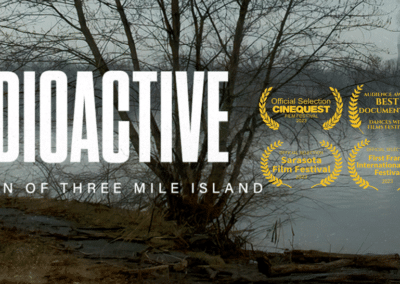Politics Are Killing Our Salmon
by Nina Bell • January 24, 2021 •
A Fishing Enthusiast asks: Why do state and federal agencies keep delaying enforcement of clean water laws that are supposed to protect salmon?
The answer to the question is, in a word: politics. Meeting water quality standards that are set to protect fish costs money because, as the old saying goes, “there is no such thing as a free lunch.”
Someone has to pay to stop pollution, whether it’s city dwellers for treating sewage or logging companies for leaving trees standing near streams. And when money is the issue, politics get in the way of science and even our beloved salmon.
The politics are very much at the state level, where Governors on down to local governments don’t want to tell people to spend money. But the blame is equally borne by the federal agencies, which have their own political and budgetary reasons for standing back and letting states do nothing.
Since agencies’ doing nothing doesn’t make for a very interesting story, let me tell you about how the state and federal agencies come up with some clever ways to meet their political goals of preventing the Clean Water Act from delivering the clean water that citizens want and yet still manage to look plenty busy.
Many years ago, Oregon DEQ adopted temperature standards for rivers and streams to protect cold-water fish such as salmon. A lot of science went into determining precisely what temperatures salmon need to thrive. EPA approved the standards.
But at the same time, EPA also approved a rule that allowed Oregon to automatically replace these temperatures if the state decided that any of its rivers were naturally warmer than are safe for salmon. These hotter temperatures would not be subject to federal oversight as required by law. And, there was literally no limit as to how hot Oregon could make these automatic replacement temperatures.
What happened next was truly twisted. Oregon DEQ began using this provision in hundreds of water pollution clean-up plans. Often called “pollution diets,” Total Maximum Daily Loads (TMDLs) are supposed to be the blueprints for Oregon to restore the cold water that salmon need to survive.
Instead of showing what needed to be done to save salmon—like better logging rules—Oregon DEQ’s temperature TMDLs began claiming that that salmon streams were naturally so warm, so hot, that salmon would never have evolved to live in them. In the most extreme example, DEQ claimed that a stream had naturally been 32⁰ C (90⁰ F), which just so happens to be the temperature that EPA says kills salmon within seconds.
And, of course, EPA approved the TMDLs because that’s what EPA does.
And even as bad as this all was, the Oregon TMDLs demonstrated that Oregon’s logging rules were not good enough to protect salmon. As diabolical as this scheme was, the worst part of it all is that the Oregon agencies have not taken a single step to prevent the warming of Oregon’s streams to meet the “pollution diets.”



